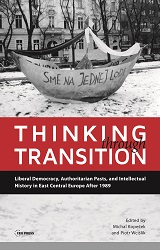

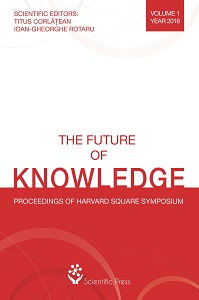
Keywords: religious phenomenon; secularization; globalization; pluralism; atheism
Social influence of the religious phenomenon, is a complex phenomenon, especially in contemporary society, which takes account of certain indicators such as: context of religious freedom, religious language or religious speech, religious affiliation, religious practice; attitudes of religious groups or religious institutions on society and on social security; the impact of specific religious groups, secret societies, mysteries on the population firms. In order to be objective and to have the right attitude towards certain aspects that define contemporary society issues on the globalization, integration, secularism, atheism indifference, pluralism, it is first necessary that these issues be carefully studied, known and understood in the context of contemporary society. The phenomenon of secularization, globalization, religious indifference, not social issues but social phenomena, specific ways of expression of contemporary society.
More...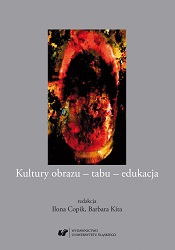
Keywords: religious experience; erotic experience; Christian virtues; pride; bigotry; the camouflage mechanism
The article is an attempt of an analysis and interpretation of the second part of the movie trilogy by Ulrich Seidl. Its author tries to outreach the popular conception, according to which the movie presents a caricature vision of being religious and mocks bigotry. Referring to the theory created by S. Freud, E. Fromm and W. James, the author puts forth and justifies a thesis: The movie „Paradise: Faith”, thanks to the strategy applied by the producer that is based on creating appearances, simulation, and covering the actual meanings, is an attempt to show the postmodern condition of a human being – conditioned by the lack of a spiritual life, religious burnout, but at the same time the craving for it and existential loneliness. They are shown in the movie through two layers of images that create the camouflage mechanism: the pseudo‑ritual behavior of the main character as well as the visions of her erotic practices.
More...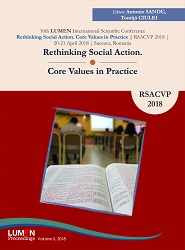
Keywords: Max Weber; Protestant morality; vocation; conduct of life; type of man;
Starting from the way Martin Luther relates to vocation and its wider implications for society, Max Weber will later develop an understanding of the relationship between the teachings of Protestant morality and vocation. Starting from the ethics of a specialized and ascetic profession, the carrier of a normative and responsible commitment in the world, Weber builds a personality model capable of responding to the political and intellectual challenges of his time. In this paper, I argue that the secularization of vocation, as the epiphenomenon of the disenchantment of the world, and its departure from an ethic of specific religious behavior allowed Weber to shape a portrait of the professional man as an ideal type of ethical personality, inspired by the archetypal example of the ascetic Protestant. It will be necessary to understand how vocation, as a way of articulation between ethics and conduct, generates a distinct type of man engaged in the social struggle. We have developed this thesis through an approach to the Weberian vocation concept, especially in terms of ethical and normative foundations, which implies a unique philosophical position, and I have come to the conclusion that this conceptual framework supports the modernity of the Protestant vocation.
More...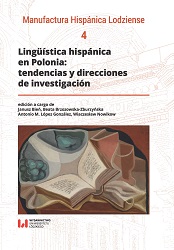
Keywords: viñeta de prensa; multimodalidad; humor gráfico
El objetivo del presente artículo consiste en indagar las posibilidades de la descripción del humor gráfico, en forma de viñetas periodísticas, sirviéndose de la Teoría General del Humor Verbal (Attardo y Raskin, 1991; Attardo, 2001). En primer lugar, se presentan las características del género escripto-icónico de viñeta de prensa. En segundo lugar, se presta atención a los principales instrumentos analíticos de la Teoría General del Humor Verbal. Finalmente, con el propósito de ejemplificar la aplicación de los mecanismos de dicha teoría en la comprensión del humor gráfico, se analizan unas cuantas viñetas dedicadas a cuestiones sociopolíticas de la actualidad.
More...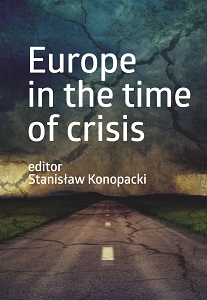
Keywords: rise of Asia;Europe;United States
There appears to be a consensus that Asia is “rising.” Much of the change in the decades ahead will relate, of course, to the rise of China and, in China’s wake, the rise of India. They add to Asia’s already substantial share in the world economy and, within little more than a decade or so, that will make Asia the largest centre of world output and trade of any region in the world — bigger than North America, and bigger than all of Europe.
More...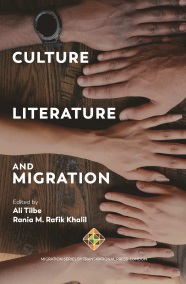
Keywords: USA; migration; Lithuanian immigrants; literary representations; literature; Upton Sinclair; The Jungle; labor relations;
On August 4, 1904, American journalist Ernest Poole published a short account in Independent called “From Lithuania to the Chicago Stockyards, An Autobiography: Antanas Kaztauskis”. He had visited Chicago as a press agent for the workers’ union and sought to investigate the labour movement among the meatpacking workers. He stayed in Chicago for six weeks and conducted extensive interviews with workers who lived in what is called the “Back of the Yards” neighbourhood in the west and south of Packingtown, a residential area predominantly populated by immigrants.
More...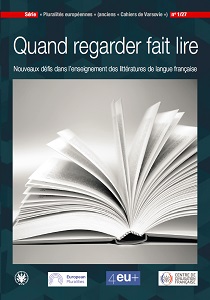
Keywords: literature; history; relativism; updating; anachronism
Literature professors, theatre directors and museum curators are faced with two problems: how to arouse the public’s interest in the arts and literature of the past centuries and how to make them intelligible for the present-day audience. For a long time, it was enough to present an interpretation fixed by the academic tradition. Today, the speed at which institutional circumstances evolve allows some to justify resorting to anachronism: starting from the present in order to understand the past. There are not much place left to escape obsolete readings, on the one hand, and to respect historical differences, on the other. That being said, a keen sensitivity to historical and cultural points of contact does not necessarily lead to a purely subjective relativism that runs the risk of sapping any dialogue and destroying the continuity between cultures and ages.
More...
Keywords: monstrous child; fear; horror; supernatural; neofantastic; Anne Duguël;
Although we always tend to perceive children as pure and innocent beings, fantastic literature aims to break with their idealized image by presenting them as a corrupted sadists who feed on their victims’ fear and suffering. L’asile de la mariée and Mon âme est une porcherie are two novels by Anne Duguël, a contemporary Belgian francophone author of fantastic literature, in which, by introducing the supernatural elements, she depicts two children who commit ferocious acts. The aim of the article is to present and characterize these cruel children in order to examine the origins of the evil that has invaded them and the causes of their thirst of blood forcing them to commit several abominable crimes.
More...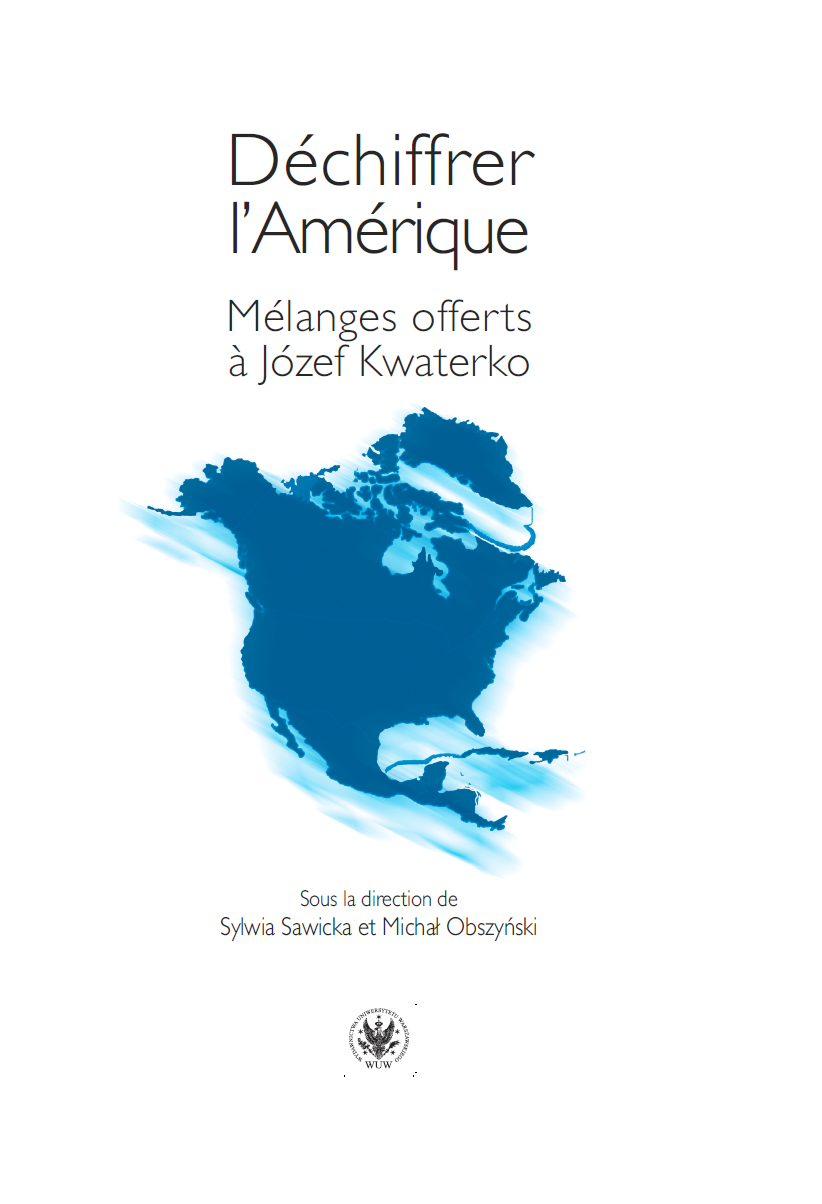
Keywords: French-Canadian literature; Quebec; freemasonry; enlightenment
What can be said about the links between the first Quebec writers of the 18th-19th centuries and the secret or discreet societies of freemasonry, devoted to philosophical reflection or philanthropic action? As early as the end of the 18th century,the Catholic Church in Lower Canada perceived a danger to good Canadian souls in the Enlightenment and rationalism. We examine here how the Philosophical Enlightenment and the Masonic Enlightenment nourished the first generations of French-Canadian people of letters in the years 1760-1780, then in Lower Canada (1791-1841) and up to Confederation.
More...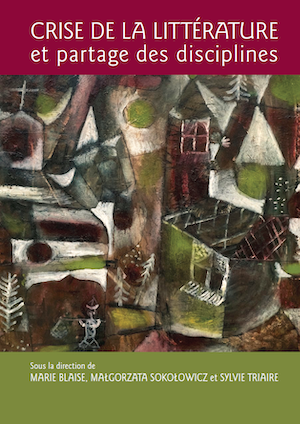
Keywords: colonial Atlantis; Lemuria (Limuria); Petrusmok. Mythe; Malcolm de Chazal; myths about the origins of nations; continental drift; Jules Hermann
Révélations du Grand Océan [Revelations of the Great Ocean] by Jules Hermann (1846-1924), published posthumously in 1927 and nourishing imagination of some Mauritian writers, were inspired by the scientific theory of continental drift proposed by Alfred Wegener. Hermann imagined an Atlantis of the South, Lemuria, situated between India and Africa and submerged in the wake of a continental cataclysm. He found remnants of this drowned continent, or more precisely he found its linguistic remains, in Malagasy language, which he saw as an avatar of the Lemurian language, and its physical remains in the island of Madagascar, together with the Mascarene islands. After Robert Edward Hart (1891-1954) and his "Cycle de Pierre Flandres" (1928-1936), it was Malcolm de Chazal, a primitivist painter and (surrealist?) poet, or “total artist” (Robert Furlong), who took his inspiration from the “Lemurian myth”. Chazal’s monographer Christophe Chabbert has shown how, for Chazal, and especially in "Petrusmok. Mythe" (1951), the myth becomes inspiration to construct a cosmogony of the islands of the Indian Ocean and to show – artistically and spiritually – their autonomy.
More...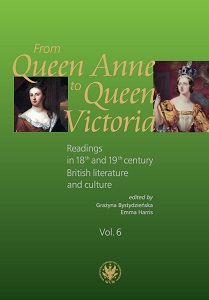
Keywords: Pre-Raphaelites; un-corseted dress; modern; nature; gender
This essay explores the visual and material culture of late Victorian society, with investigation of the contemporary movement away from the artificial and towards the natural implied in the design of the Pre-Raphaelite un-corseted dress. This is dealt with in the context of artistic appreciation of changing gender roles in the emerging modern period.
More...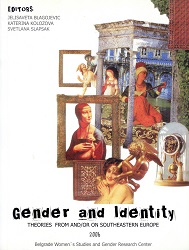
ARE ACTING THEORY AND HISTORY GENDER-INFLECTED DISCOURSES, HAVING IN MIND ACTING’S MAIN VEHICLE OF EXPRESSION – THE HUMAN BODY – AND THE CONCOMITANT FACT THAT SEPARATE CHAPTERS OF ACTING THEORY AND HISTORY NECESSARILY, IF IMPLICITLY, RELIED ON PHILOSOPHICAL AND MEDICAL, LATER ALSO PSYCHOLOGICAL AND SOCIOLOGICAL CONCEPTUALISATIONS OF SEXUAL DIFFERENCE? THIS ARTICLE OFFERS A SHORT SURVEY OF SHIFTING HISTORICAL IDEAS REGARDING THE FEMALE ACTING PRACTICE AS AN EITHER NEGLECTED OR OVERVALUED, “INDOMITABLE” SUPPLÉMENT DISTURBING ALL ATTEMPTS TO CONSTRUCT A UNIFIED AESTHETIC, HISTORICAL AND THEORETICAL DISCOURSE ON ACTING, LET ALONE THE ONE WHICH WOULD PROVE INDEPENDENT OF WHAT BOURDIEU CALLS THE HISTORICAL LABOUR OF DEHISTORICIZING THE PROCESS OF OVERALL SEXUALISATION OF COGNITIVE AND SOCIAL STRUCTURES ACCORDING TO CATEGORIES DERIVED FROM THE ANDOCENTRIC UNCONSCIOUS.
More...
THE PAPER DEALS WITH THE CONCEPT OF WOMEN'S MOBILITY IN ALL ITS SEMIOTIC VARIETIES, FROM TRAVELLING, NOMADISM, TO TRANSGRESSING POLITICAL AND CULTURAL BORDERS, SUBVERTING STEREOTYPAL NATIONAL DELIMITATIONS, TRANSLATING (LANGUAGE AND CULTURE), DEROUTING MEMORY LANE. STARTING FROM ROSI BRAIDOTTI'S »NOMADIC SUBJECT«, THE PAPER FOCUSES ON LOCAL KNOWLEDGE AND POSITIONING AND MULTIPLE LOYALTIES OF WOMEN IN THE BALKAN AREA. THROUGH THE SPECIFIC ACTIVIST EVENT (A GROUP OF WOMEN PEACE-ACTIVISTS TRAVELLING THROUGH THE TRAUMATIC AREAS AND COLLECTIVE MEMORY PRESENTATION OF ALL THE SIDES IN THE RECENT YUGOSLAV WAR AND IN ALBANIA IN 2002), THE THEORIZING IS WINDING THROUGH A DIFFICULT SPACE OF STEREOTYPES, COLONIAL INVENTIONS AND COLONIZED WISDOM IN AN ATTEMPT TO CHART A NEW SITUATEDNESS AND TO DECONSTURCT THE SELFPRESENTATION AND THE FORCED UNIVERSALIZED PRESENTATION OF THE FEMININE IN THE BALKANS.
More...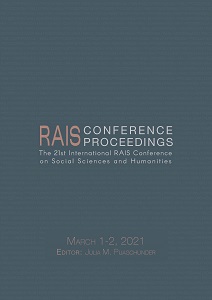
Keywords: church; neo-Protestants; religious education; communism; Sabbath/Sunday school
Through the laicisation of education in communist Romania, the education and training of the young generation has become the exclusive competence of the socialist state. Through school, the communists had, as their main objective, the education of children and young people in the spirit of material-scientific conception of the world and life. The monopolization of the media, the introduction of materials that favor atheism in the analytical curriculum, and the carrying out of performances in which the main Christian celebrations were caricatured, were just some of the methods of actively implementing the creation of the “new man”.
More...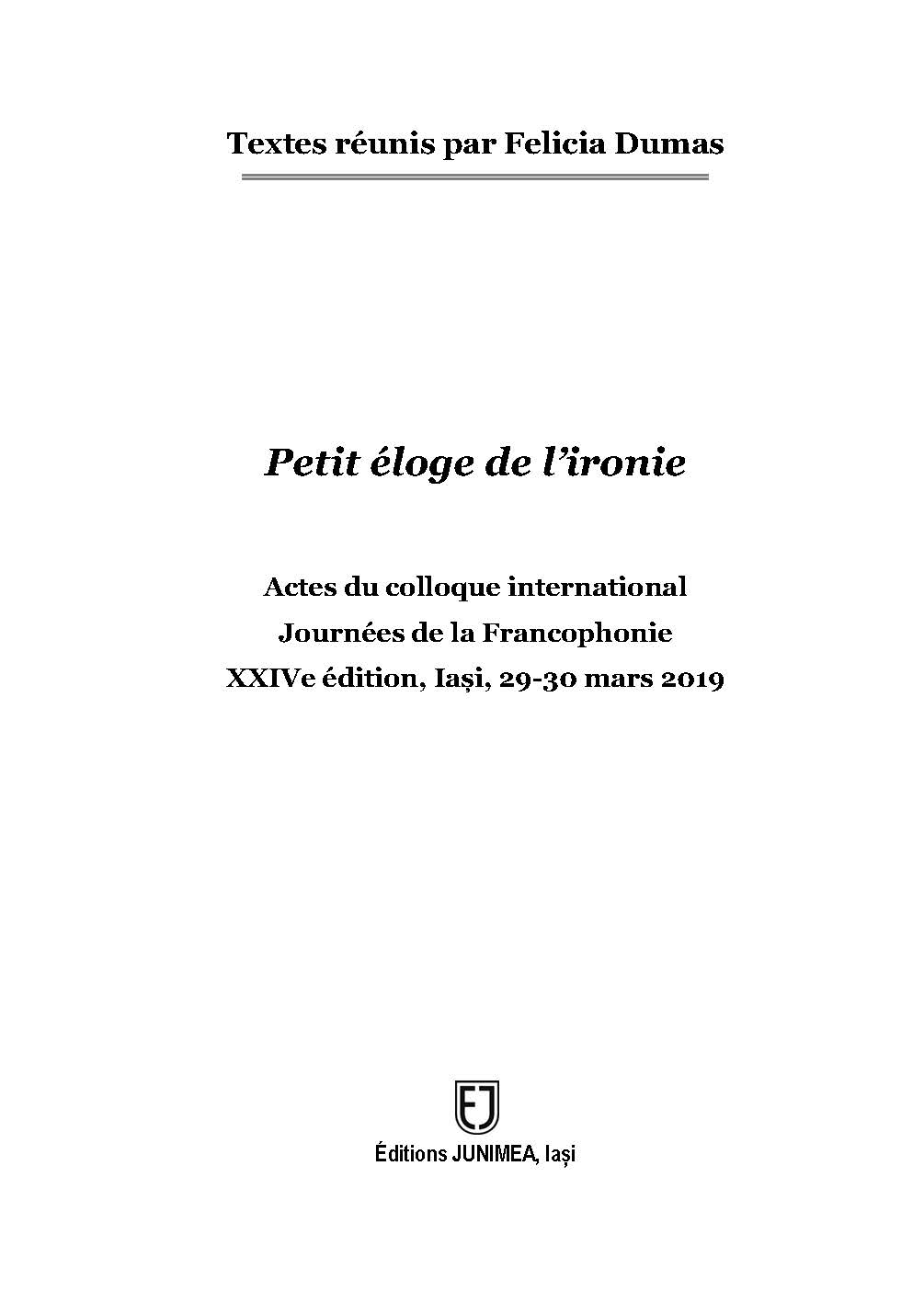
Keywords: irony; Bel Ami; XIXth century; Maupassant; society of XIXth century; philosophy;
In the literary field, the nineteenth century seems to be the ironic century by excellence. Maupassant's work uses irony as a societal and intimate point of view, as much as a technique. It acquires an holistic dimension and is transformed into philosophy. The novel Bel Ami synthesizes his ironic vision.
More...
Keywords: Philosophy; Modernity; Religion; Dissimulation; Rhetoric; Irony;
While the notion of irony is well suited to certain literary genres, often referred to as minors, it seems less obvious in philosophical discourse and especially when it comes to dealing with such important subjects as theology or the central issues of religion as the immortality of the soul, miracles or the greatness of God. However, in the 17th century, when the Inquisition and the imprimatur were still powerful institutions, surprisingly, there were many examples of the use of irony, particularly in speeches dealing with religious issues. More than political issues, however, it is probably the most monitored theme and should be used to increase respect. How is it that philosophers dare to use irony to deal with these subjects? How do they use irony? And above all, why do philosophers use irony to address certain themes? It is to these questions that I will propose to answer with an approach combining philosophy and rhetorical analysis of the texts. To do this, I will have to place the humorous excerpts in the dynamics of the works and in the historical context.
More...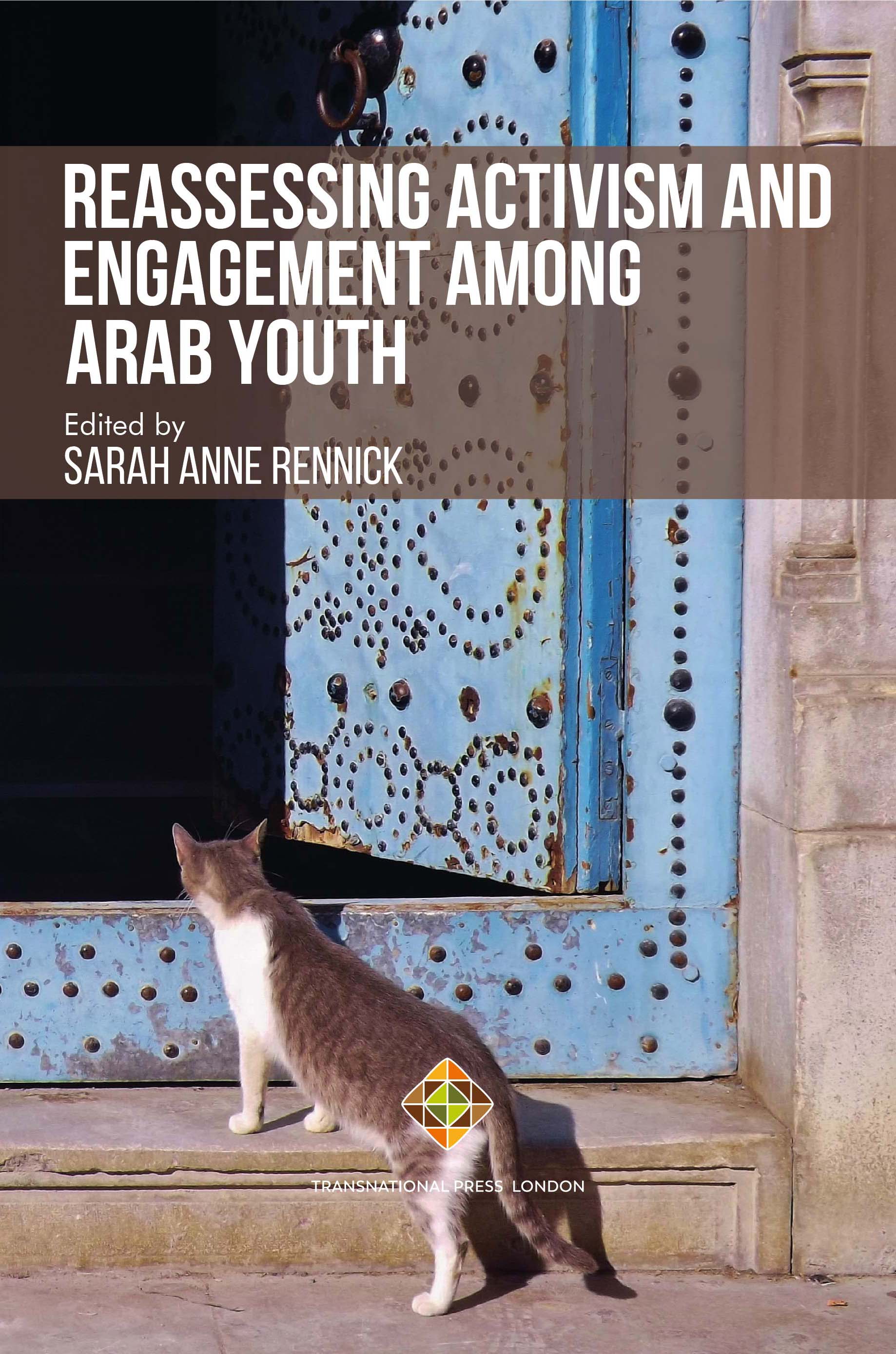
Keywords: Hybrid; culture-based; youthful; new political; commitment; youth in post-revolutionary Tunisia;
In the last year of Ben Ali’s reign, pre-revolutionary Tunisia was officially proclaimed the ‘Year of Youth,’ with the politicians then in office once again putting forward political slogans focusing on a rapprochement with young people. As part of this endeavor, Ben Ali even went so far as proposing to the UN that ‘2010 be proclaimed as the International Year of Youth’ and that ‘a world youth congress be held [that year] under the aegis of the United Nations’ – an initiative adopted by the General Assembly in its 64th session. These efforts at outreach were being undertaken as young Tunisians were showing increasing signs of disaffection from various official political institutions, as attendance at cultural and youth centers under the auspices of the Ministry of Cultural Affairs (whose meager budget never reached the 1% required by UNESCO) confirmed. Importantly, this alienation was not solely a manifestation of antipathy towards the Ben Ali regime; even after the revolution, in 2014, the number of young people attending youth centers did not exceed 71,627 (47,106 boys and 24,521 girls) (Statistiques Tunisie 2013-2014). Indeed, official statistics show that attendance at the youth venues known as ‘Youth Houses’ (Maisons des Jeunes) and ‘Culture Houses’ (Maisons de Culture) was in fact much lower.
More...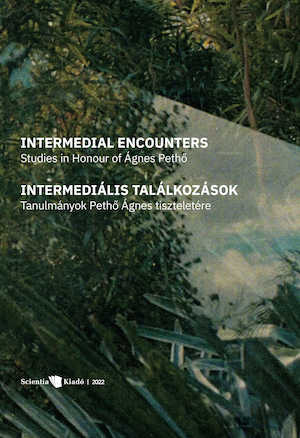
Keywords: silent movie; ekphrastic poetry;
More...
Keywords: China; travel writing; imagology; history; postcolonial
The paper discusses Colin Thubron’s book Behind the Wall: A Journey Through China – one of the most popular twentiethcentury travelogues about this country. It explores the various ways in which the author constructs the image of the Chinese people, especially when these images are related to China’s recent history. More specifically, I focus on a discursive phenomenon – an imagined “return of history” – which the reader can witness throughout the book. The author constantly travels around the country, expecting to somehow see the history he has heard so much about at home. He expects something from China and is prepared to see this ‘something’ even in the face of the evidence. At the same time he feels he has every right to pass judgments on what he perceives as history, while denying the Chinese he meets the right to comment on British history.The paper discusses Colin Thubron’s book Behind the Wall: A Journey Through China – one of the most popular twentiethcentury travelogues about this country. It explores the various ways in which the author constructs the image of the Chinese people, especially when these images are related to China’s recent history. More specifically, I focus on a discursive phenomenon – an imagined “return of history” – which the reader can witness throughout the book. The author constantly travels around the country, expecting to somehow see the history he has heard so much about at home. He expects something from China and is prepared to see this ‘something’ even in the face of the evidence. At the same time he feels he has every right to pass judgments on what he perceives as history, while denying the Chinese he meets the right to comment on British history.
More...